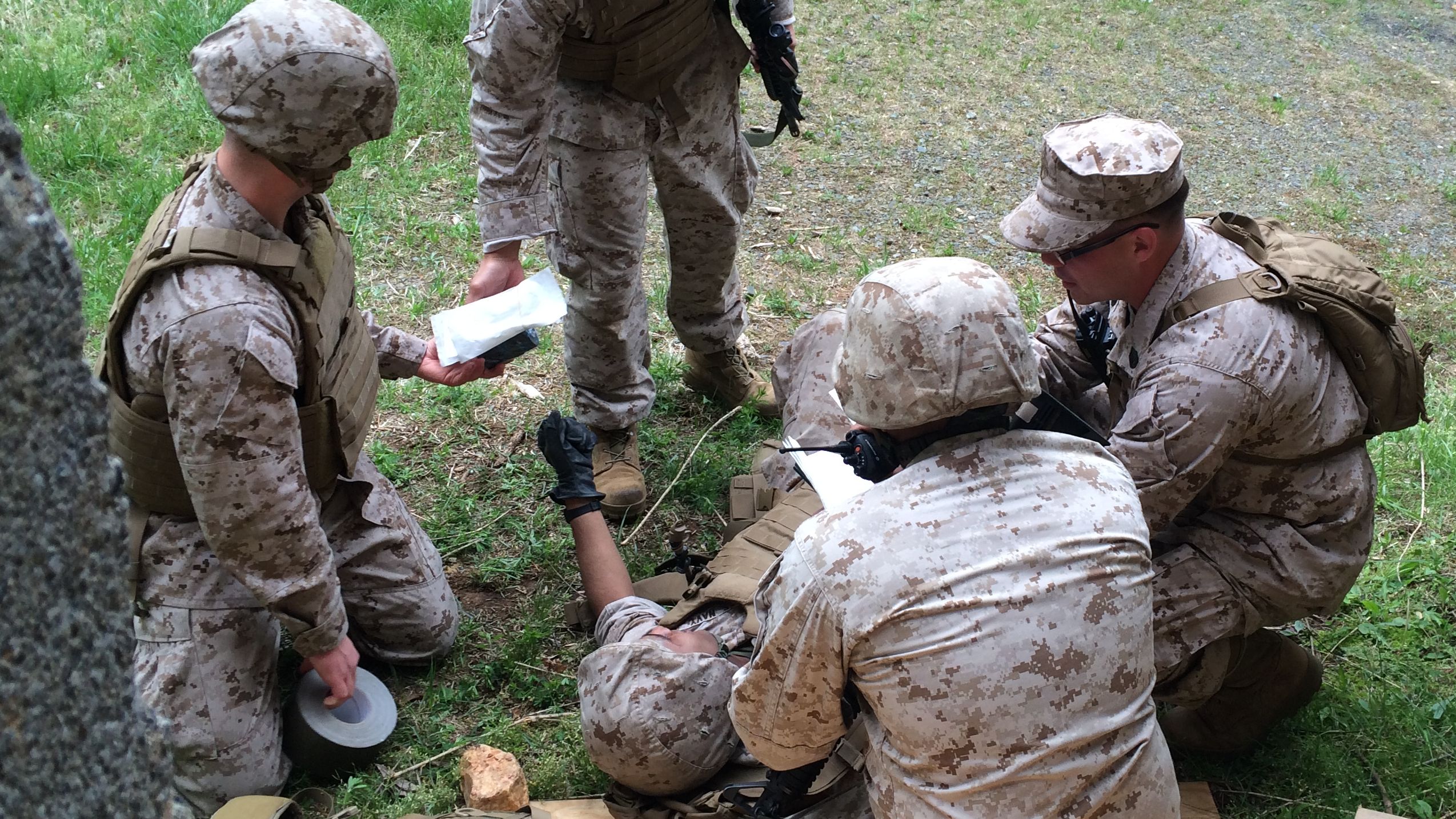
We don't send SEAL teams into the field without backup, but we routinely send healthcare workers into no-win situations and tell them: don’t fail.
I celebrated friendship and teamwork during a military Change of Command ceremony this week—full of honor, tradition, and those stirring reminders of what it means to lead. But one repeated phrase stuck in my craw: "This is a no-fail mission."
The words are meant to inspire. They are meant to light a fire under the weight of responsibility. And in some contexts—combat missions, surgical emergencies, landing a jet on a moving ship—it absolutely fits. You need that clarity. That urgency. That laser focus.
But somewhere along the line, we started applying that mindset to entire healthcare systems. And that’s where things start to fray.
Because a true no-fail mission—the kind that makes your heart beat sideways—is supported by an entire ecosystem of preparation and resources. There’s a whole scaffolding of logistics, redundancies, training pipelines, and financial backing to make sure the mission succeeds. There are plans A through Z. The people are ready. The structure is sound. And as Simon Sinek (The Infinite Game) would surely attest, a no-fail mission is a Finite Game.
Now let’s talk about healthcare.
Let’s talk about what it means to run a major medical center today, or even to work in one. Are we resourced the way a no-fail mission demands? Do we have the personnel, the funding, the time, the slack in the system? Do we have a finite endpoint?
Spoiler alert: we do not.
Yes, there are moments in medicine that must be no-fail—a neonatal resuscitation, an emergency surgery, managing a code. In those moments, we rise. We plan. We execute. And we often perform miracles.
But when we start calling the day-to-day operations of an under-resourced, overstretched institution a “no-fail mission”? When we tell people they cannot fail, but give them none of the tools, support, or safety net they need to succeed?
We lose sight on the Infinite Game that is healthcare and create a dangerous paradox.
Because here’s what happens when failure is forbidden: people stop taking risks. They hide mistakes. They overwork themselves to stay afloat. They grind down their own humanity in the name of relentless performance. And they start to believe that perfection is the baseline, not the exception.
This is how we breed burnout. This is how innovation dies on the vine. This is how talented, devoted people leave.
And ironically, this is how no-fail missions start to fail.
What we actually need—if we care about the mission—is not just excellence. It’s psychological safety. It’s the freedom to learn. To recover. To rest. To be human in the middle of a system that often demands the superhuman.
Yes, we still need high standards. Yes, we’ll still have critical moments where failure isn’t an option. But long-term sustainability requires more than pressure—it requires protection.
Let me say that again for the folks in the back: we cannot run perpetual no-fail missions on empty.
Instead, we need to reframe the mission. Walk your child across the street? No-fail. Conduct a high-risk surgery? No-fail. But grow a team, lead a department, operate a medical center in today’s climate? That takes room to breathe. That takes institutional compassion. That takes resources—starting with psychological ones.
So here’s the charge: If we truly want to lead well, we have to zoom out. We have to design systems that support the mission and the people behind it. We have to stop pretending perfection is the only measure of value. And we have to start treating psychological safety not as a luxury, but as a mission-critical asset.
Because when we care for our people, they carry the mission forward.
And that’s the kind of success that actually lasts.
Check out the Family in Focus with Wendy Schofer, MD Podcast!
Stay connected with news and updates!
Join our mailing list to receive the latest news and updates from our team.
Don't worry, your information will not be shared.
We hate SPAM. We will never sell your information, for any reason.


